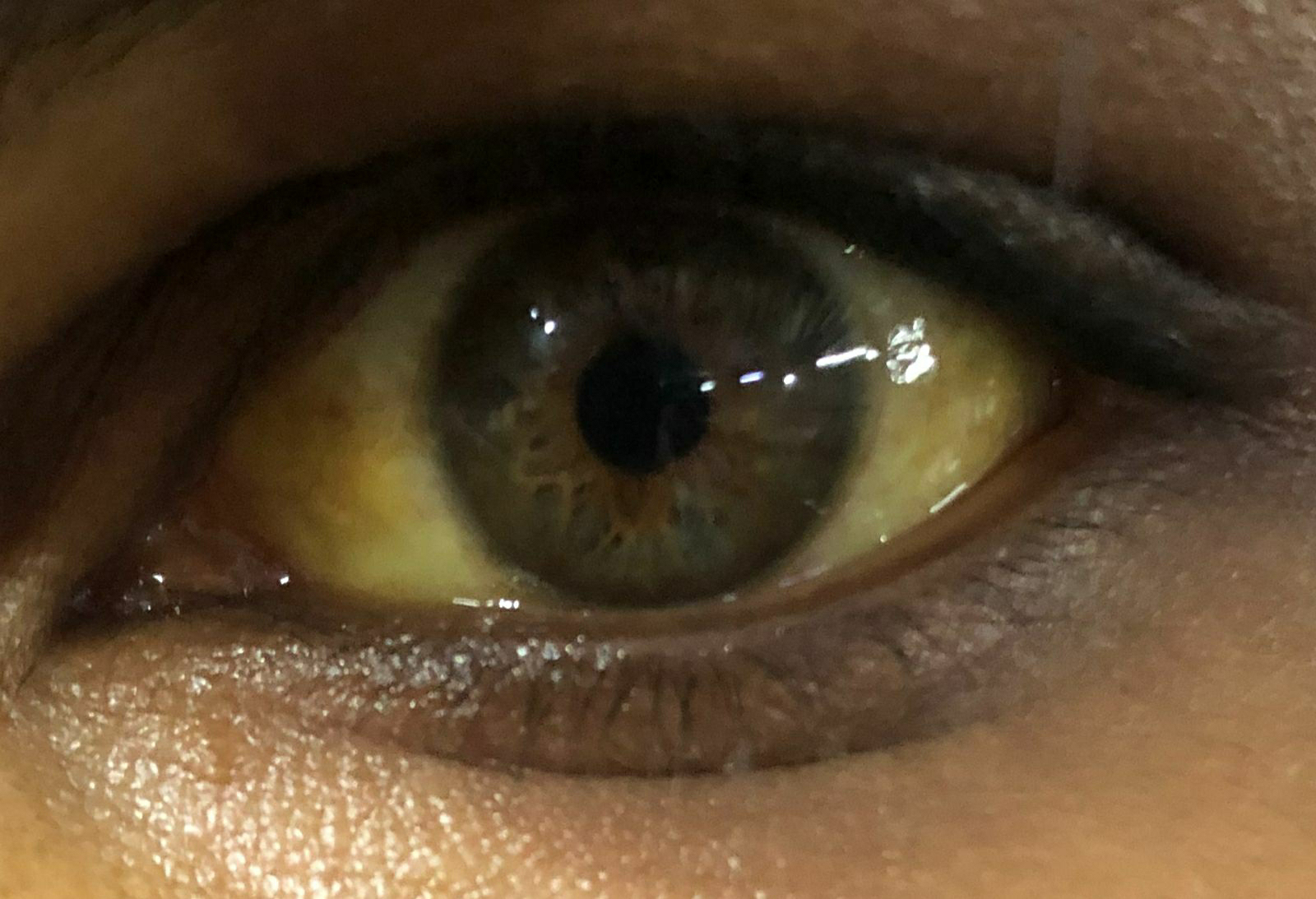General Medicine e-log book - 4
Case: 55-Year-old female with palpitations, chest pain and shortness of breath
Written by Shravani Reddy, Roll no. 15, 8th Semester
I have been given this case to solve in an attempt to understand the topics of "Patient clinical data analysis" to develop my competency in reading and comprehending clinical data including history, clinical findings, investigations, and come up with a diagnosis and treatment plan.
You can find the entire real patient clinical problem in the following link:
https://himabindu5.blogspot.com/2020/05/hello-everyone.html
Following is my analysis of this patient's problem:
The problems in the order of priority according to my perspective are:
- Chest pain - From two months by the time case registered (Admission date: May 23, 2020)
- Palpitations - From two months
- Shortness of breath
- Bilateral pedal edema up to ankle from one week
- Decreased urine output from one week
Reasons:
Chest pain:
- Chest pain site - Left side
- Noticed more at epigastric area
- It is a non-radiating type of chest pain
Causes of Chest pain:
(Source: Harrison's Principles of Internal Medicine, 19e)
1. Cardiopulmonary causes:
- Myocardial Ischemia (MI) - To rule out MI, the troponin-I test is mandatory. In this patient, the troponin-I test comes out to be negative. Therefore, it can be ruled out.

- Other cardiopulmonary causes are pericarditis, pulmonary embolism, and pulmonary hypertension. Since these are sudden in onset, therefore can be ruled out.
2. Non-Cardiopulmonary causes:
- Gastrointestinal: Esophageal reflux, Peptic ulcer, Gallbladder disease.
- Neuromuscular: Trauma, Herpes zoster infection
- Psychological: Emotional and psychiatric conditions
Palpitations:
Causes of palpitations:
1. Mostly due to underlying heart diseases
2. Psychiatric issues may also lead to palpitations in some cases
3. In this patient, palpitations are caused by Paroxysmal Atrial Fibrillation (Intermittent atrial fibrillation).
2. Psychiatric issues may also lead to palpitations in some cases
3. In this patient, palpitations are caused by Paroxysmal Atrial Fibrillation (Intermittent atrial fibrillation).
-On examination:
Pulse - Feeble, Irregularly irregular, Normal condition of the vessel
ECG - Absent 'P' waves, Irregular rhythm
 |
| Courtesy: https://himabindu5.blogspot.com/2020/05/hello-everyone.html |
Anatomical location and pathophysiology:
 |
| Courtesy: https://www.ahajournals.org |
Clinical problems related to Pulmonary Edema:
- Dyspnoea: Due to pulmonary edema, lungs become edematous and heavy thereby making respiratory muscles do extra work for inspiration and expiration.
- PND: Paroxysmal Nocturnal Dyspnoea
Etiology: Idiopathic in this patient
In this patient,
-Dyspnoea status was III-IV grade (According to NYHA classification)
-Sleep decreased due to PND
-Decreased urine output due to fluid retention
-Neck veins examination: Not engorged, elevated JVP with larger 'a' component
-On Auscultation,
Mitral area: Loud S1 heard
Tricuspid area: Loud S1 heard
Pulmonary area: Splitting of S2-loud P2 component
-On X-ray imaging: Cardiomegaly - Enlargement of Rt. Atrium, Rt. Ventricle, Lt. Ventricle
-In 2D echo, Mitral valves calcification and fish mouth appearance was seen
Provisional diagnosis:
Mitral Stenosis with heart failure
Treatment plan:
Medical Management:
- Tab. Diuretics (Lasix - for Pulmonary Edema)
- Tab. Budecort (For shortness of breath)
- Anti-Coagulants with warfarin orally (To prevent Thrombi formation)
- Antibiotics (To prevent infections)
- Fluid and salt restriction
- Tab. Pantop
Surgical Management:
(If not improved through the Medical Management)
- Valve replacement (Prosthetic valves) or Open Valvotomy
References:
- Harrison's Principles of Internal Medicine, 19e
- https://himabindu5.blogspot.
com/2020/05/hello-everyone. html - https://pubmed.ncbi.nlm.nih.
gov/27475013/ - https://www.medicalnewstoday.
com/articles/316281
Active conversational learning:
[25/05, 9:34 PM] Shravani Reddy: https://himabindu5.blogspot.
In this case.. dyspnoea classified under which classification mam?
[25/05, 9:57 PM] MBBS 2015 Intern 1: It’s classified under NYHA classification
[25/05, 10:17 PM] Shravani Reddy: Ma'am....in this patient is there no icterus??
[25/05, 10:18 PM] MBBS 2015 Intern 1: Nope..
[25/05, 10:19 PM] Shravani Reddy: Ma'am....But higher levels of bilirubin is seen?
[26/05, 1:27 AM] MBBS 2015 Intern 1: It wasn’t visible clinically
[26/05, 8:12 AM] Shravani Reddy: Chest pain on the left side more on epigastrium...
Ma'am, it indicates epigastrium pain or epigastrium pulsations?
[26/05, 8:48 AM] MBBS 2015 Intern 1: Epigastric pain
[26/05, 8:59 AM] Shravani Reddy: Ma'am....Chest pain and epigastric pain started at the same time ??
[26/05, 9:13 AM] MBBS 2015 Intern 1: No noo
[26/05, 9:14 AM] MBBS 2015 Intern 1: It’s the chest pain which is more in the epigastric area
[26/05, 9:22 AM] Shravani Reddy: Ok ...thank you, ma'am
[26/05, 10:17 AM] MBBS 2015 Intern 1: She has pain in the epigastric area. it’s one of the common presentations in inferior wall mi.. so to rule out that we got troponin I test done
[26/05, 10:20 AM] Shravani Reddy: Yes mam...troponin I test is negative
[26/05, 10:21 AM] Shravani Reddy: Mam...Pulse is irregularly irregular, absent p wave on ECG ....it indicates atrial fibrillation ??
[26/05, 10:23 AM] MBBS 2015 Intern 1: Yes
[26/05, 10:23 AM] MBBS 2015 Intern 1: She had paroxysmal af’s
[26/05, 10:24 AM] Shravani Reddy: Etiology of this patient ??
[26/05, 10:25 AM] Shravani Reddy: Any infection, aging?
[26/05, 10:25 AM] MBBS 2015 Intern 1: Idiopathic
[26/05, 10:26 AM] MBBS 2015 Intern 1: Basically MS is almost always due to rheumatic fever
[26/05, 10:26 AM] MBBS 2015 Intern 1: But she didn’t have any history
[26/05, 10:26 AM] Shravani Reddy: Yes mam
Thanks and regards,
Shravani Reddy.








This comment has been removed by the author.
ReplyDelete